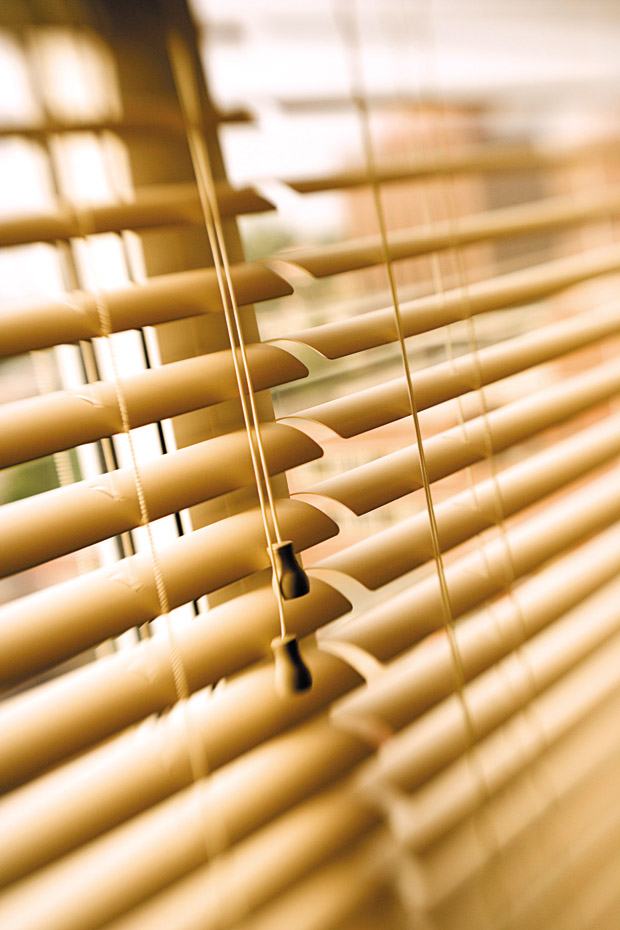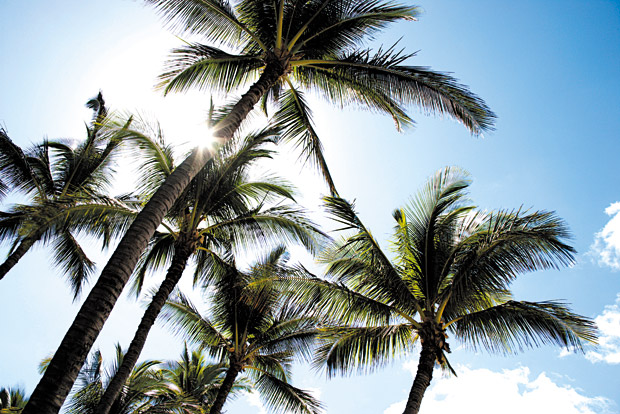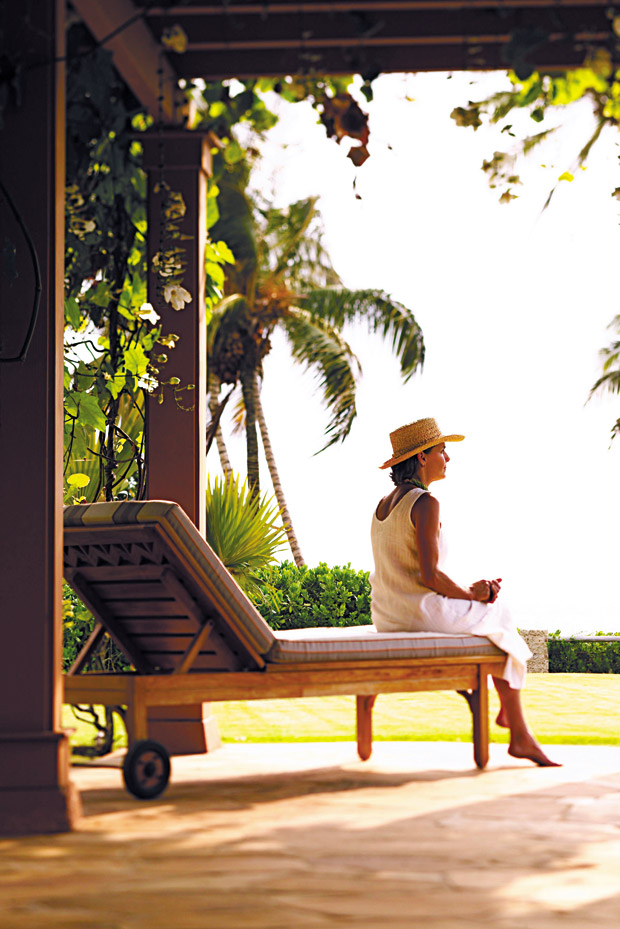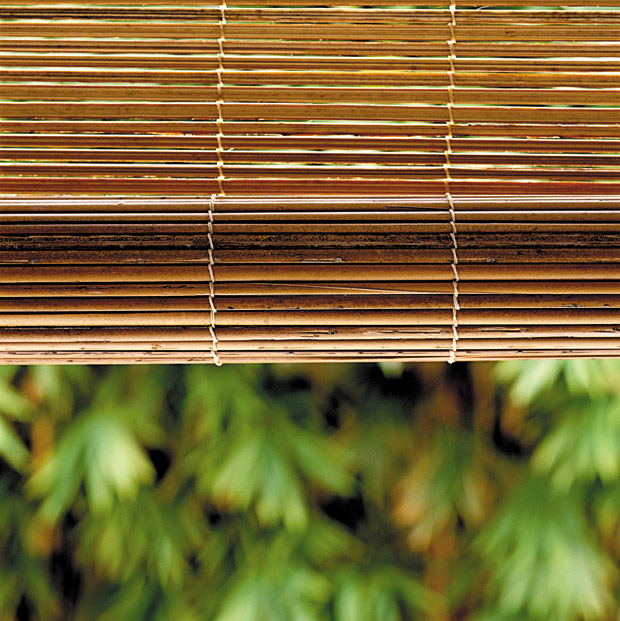Create sun shade for the household
One of the best features of my family’s new home is the view. From the kitchen, family room and lanai, we have a picture-perfect vantage point of Diamond Head. On Friday nights, we can see the fireworks in Waikiki. During the day, my daughter and I like to find airplanes, “copters” and birds flying through the sky. We spend as much time as possible soaking it in.
However, about an hour or so before sunset, the sun gets to that perfect place in the sky where it hits just below our roofline and shines directly into our eyes. My husband and I have attempted to remedy the situation with temporary blocks. We hang towels from the roof and stack cushions on top of chairs. Neither of these is an ideal solution, though. The towels inevitably fly off, and the cushions topple down.
Now, I am searching for something a little more sustainable. As I begin the hunt for outdoor shades, I am making sure to remember the tips and advice from friends and experts who have traveled this road before:
Decide on operation
Outdoor shades come with a variety of mechanisms for raising and lowering: roll-up, cordless and power motors are a few options. Roll-up varieties use cords in the same fashion that you would imagine indoor blinds to operate.
Cordless often employ the use of a pole and hand crank or wand type of mechanism. Power motors are typically the most expensive but also the easiest to operate. Some versions even take advantage of the sun by incorporating solar energy to power the shade.
Stave off the sun
My main goal is shielding my eyes from the blazing light. However, there are several other reasons to keep the sun out. It is no secret that Hawaii can get hot — especially during the summer months. Plus, you want to make sure you protect your skin and furnishings from the sun as well. Look for a material that is dense and also rated for ultraviolet (UV) ray protection.
Make it last
These outdoor shades should be durable enough to withstand not only the sun, but also other types of weather like wind and rain. Humidity can damage hardware, and it also can cause mildew and mold to build. Look for fabric shades that are mildew-resistant and make sure to keep up with manufacturer specifications for cleaning and maintaining them properly.
Have a comment or question for Joanne? Email thefi xisinhawaii@gmail.com.



